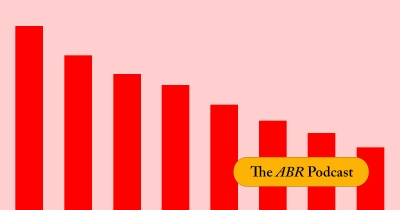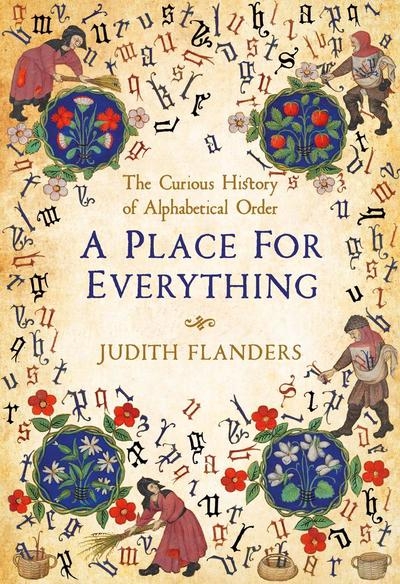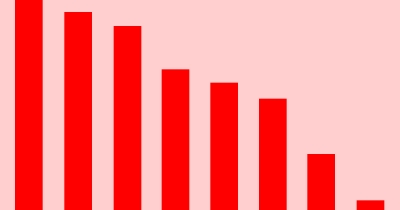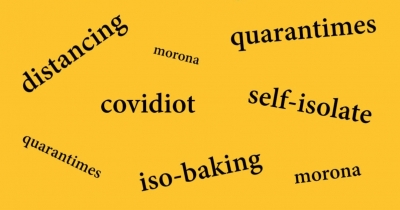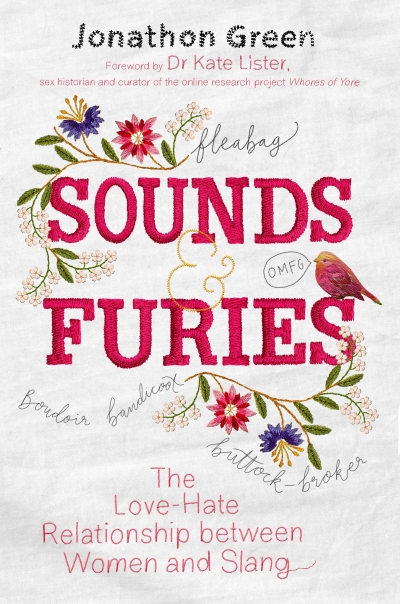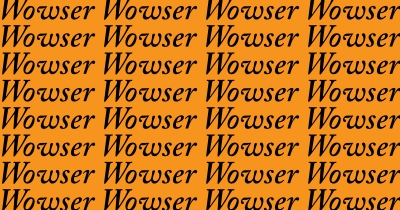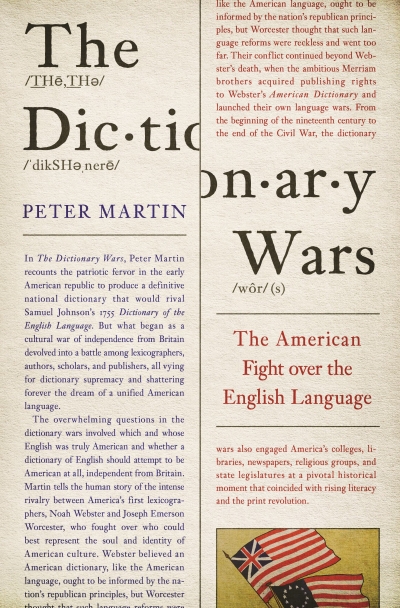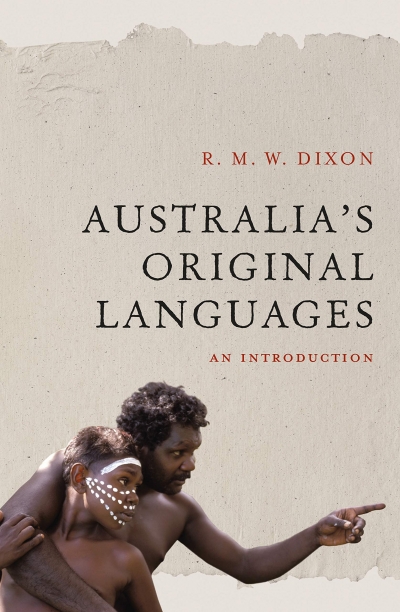Language Column
Language has always been shaped by the times. In today's episode, Amanda Laugesen, Director of the Australian National Dictionary Centre, reveals how the national vocabulary has been transformed by recession, depression, financial crises, and periods of high unemployment. A list to which we sombrely might add the current pandemic.
... (read more)A Place for Everything: The curious history of alphabetical order by Judith Flanders
Financial crises, recessions, and times of high unemployment have periodically affected Australia. They have also shaped our vocabulary. The first recording of the iconic Australian word battler, in the sense of a person who struggles for a livelihood, was in 1896 by Henry Lawson in While the Billy Boils. The ‘swagman, itinerant worker’ sense of battler was first recorded in 1898. The verb to battle in the sense of ‘to struggle for a livelihood’ was first recorded in the 1880s, and in the sense of ‘to seek to subsist while seeking employment’ from the 1890s.
... (read more)The Covid-19 pandemic has affected all our lives, and little else has featured in the media for weeks. Unsurprisingly, this has led those of us who work with words to track the language of the pandemic (coronaspeak) closely. Here at the Australian National Dictionary Centre (temporarily WFH, of course), we have been compiling a database of the words emerging from the pandemic; from anti-lockdown protest to zumping (being dumped via Zoom), the Covid-19 isolation lockdown has generated its own vocabulary.
... (read more)Sounds and Furies: The love–hate relationship between women and slang by Jonathon Green
As I write this, Canberra is once again under threat from the Orroral Valley fire south of the city. This comes after a summer of intense and incredibly destructive bushfires and, for Canberra, endless days of smoke haze, followed by a damaging hailstorm. The coronavirus also dominates the daily newsfeeds as a global health emergency takes hold.
... (read more)Lexicographers, especially historical ones, are always interested in the way words fall in and out of fashion. But while we spend a lot of time tracing the first usage of a word and trying to figure out its origins, we pay much less attention to when or why a word falls out of common usage.
... (read more)Sidney (Sid) J. Baker (1912–76) is undoubtedly one of the most influential figures in the history of Australian slang lexicography. Born in New Zealand, Baker worked in Australia as a journalist, writing for publications such as ABC Weekly, The Daily Telegraph, and The Sydney Morning Herald. He was also the author of a number of books about Australian slang, one of which is A Popular Dictionary of Australian Slang (1941).
... (read more)
